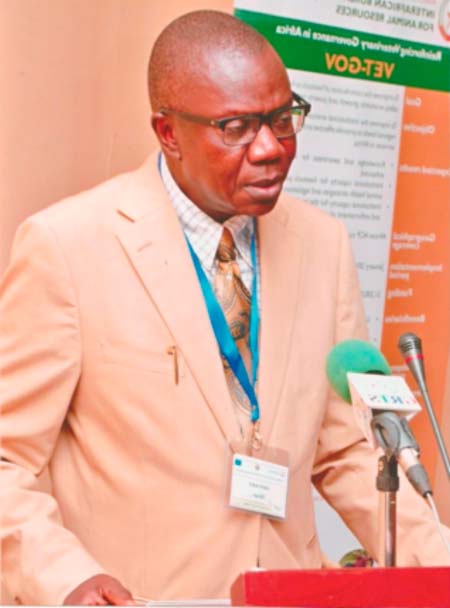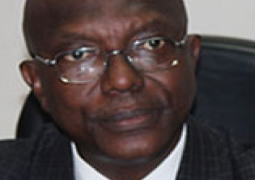
The
head of the Agriculture Division at the ECOWAS Commission, Ernest Aubee, has
said more effort is needed to combat the challenges posed by Aflatoxin in food
security, nutrition, health and trade.
He
said to overcome this menace requires inter-sectorial collaboration from
various sectorsto address its problem in the ECOWAS member states.
Mr
Aubee made this statement while delivering his speech at the recently concluded
business meeting on Aflatoxin mitigation, organized by Aflatoxin Control in
Africa in collaboration with theFood Safety and Quality Authority of The
Gambia, held at the Kairaba Beach Hotel.
He
said the burden should not only be left toagriculturalists in addressing this
menace, but needs different actors, including policy-makers, the communication
experts, NGOs, and civil society organisations to work together to address the
challenges of Aflatoxin in The Gambia and the ECOWAS region.
He
described the meeting as very timely and relevant, as it clearly defined the
road map and financial requirements of The Gambia, as far as aflatoxin
mitigation and control is concerned.
“In
this regard, the ECOWAS Commission is very happy to note that The Gambia is one
of the PACA pilot countries in the ECOWAS region, with Senegal and Nigeria.”
The
Gambia programmes have registered commendable results, which would be used in
the scaling up of Aflatoxin interventionsin various parts of the African
continent, he continued.
Mr
Aubee appeal to development partners, both financial and technical development
partners, NGOs, civil society organisations and the private sector in The
Gambia and abroad to support the business plans for Aflatoxin mitigation in The
Gambia.
He
also called for close collaboration to pool resources together, and support the
government of The Gambia in achieving the lofty objectives that are enshrined
in the plan.
Some
of the practical steps that the ECOWAS Commission have taken include working
with PACA and the AUC to develop a regional ECOWAS Aflatoxin Action Plan, which
has been approved by the political leaders in the region,which is now
functional and operational.
According
to Mr Aubee, the commission has also done a study which identified the
challenges and the gaps as far as Aflatoxin control is concerned, in thirteen
out of 15 ECOWAS member states.
He
described the document as a very important policy document that would help
their individual governments and partners to plan their interventions in
Aflatoxin.
In
addition, the ECOWAS Commission working with other development partners
has given its full political backing to the development of technology that would
limit the damages of Aflatoxin.
Heassured
the gathering of the commitment of the ECOWAS Commission to providing the right
leadership, and support in the fight against Aflatoxin’s negative consequences on
agriculture, health and the trade sector in the ECOWAS member states.
Read Other Articles In Article (Archive)
CRP Program Manager Speaks Out
May 14, 2009, 6:18 AM



